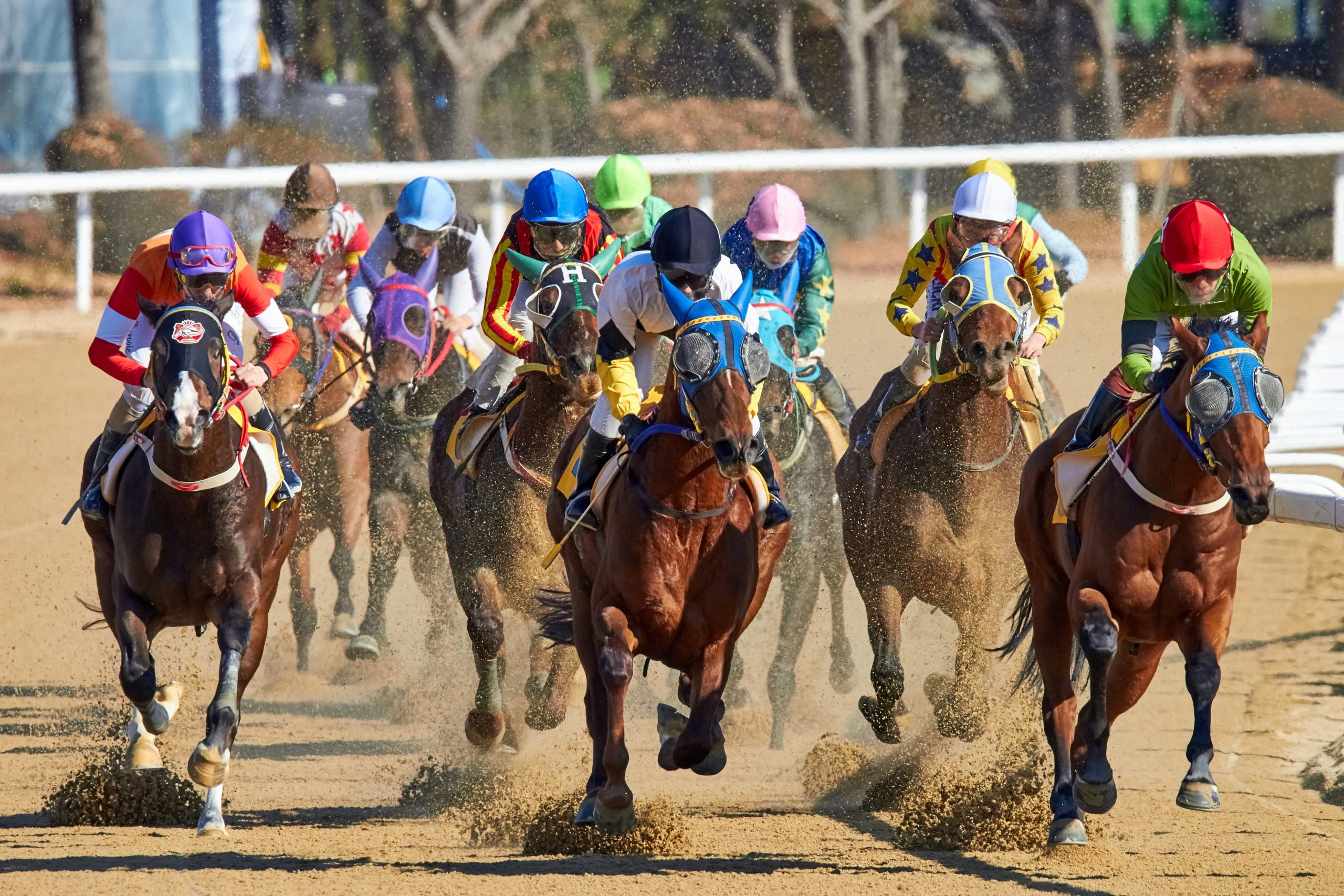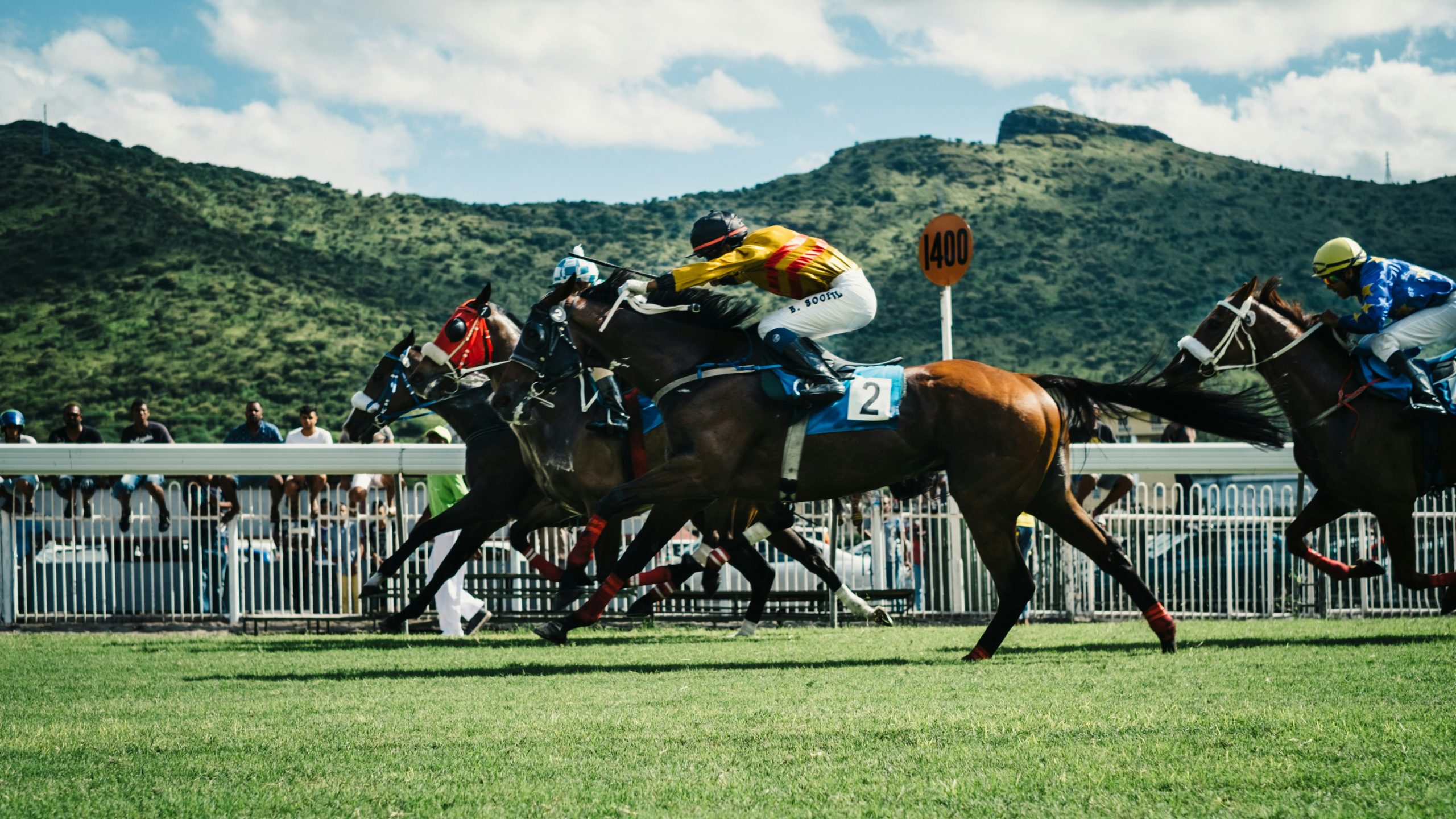In the realm of horse racing, you might encounter various abbreviations and terms that hold significance in understanding race results and performance. One such abbreviation is “PU,” which stands for “pulled up.” This term is used to describe an event during a race when a jockey deliberately stops or pulls up their horse, essentially withdrawing from the race. Let’s delve deeper into what “PU” means in horse racing and why it occurs.

Understanding “PU” (Pulled Up) in Horse Racing
When you’re following horse races, whether it’s watching live or reviewing race results, you might come across abbreviations like “PU” next to a horse’s name in the finishing positions. This abbreviation denotes that the horse was pulled up during the race, which means the jockey decided to stop the horse and effectively retire from the competition.
Reasons for Being Pulled Up
There are several reasons why a horse might be pulled up during a race, and it’s essential to consider these factors when interpreting race results:
1. Injury or Lameness
One of the most common reasons for a jockey to pull up a horse is due to injury or lameness. If a horse shows signs of distress or discomfort during the race, the jockey will prioritize the well-being of the horse and pull them up to prevent further injury.
2. Tiring or Fatigue
Sometimes, a horse may not be performing at its best due to exhaustion or fatigue. If a jockey feels that the horse is struggling and unlikely to finish the race strongly, they may decide to pull up the horse to conserve its energy for future races.
3. Equipment Failure
In rare cases, equipment failure such as a broken rein or saddle slip can lead to a horse being pulled up. If the jockey cannot safely control the horse or if the equipment compromise affects the horse’s performance, pulling up is the safest course of action.
4. Poor Performance
If a horse is clearly not competitive in the race and has no chance of finishing well, the jockey may choose to pull up rather than push the horse unnecessarily. This decision can also be influenced by strategic considerations for the horse’s future races.
Implications of Being Pulled Up
When a horse is pulled up during a race, it typically signals a disappointing outcome for that particular event. The horse will be listed as “PU” in the race results, indicating that it did not complete the race course due to the jockey’s decision.
For bettors and race enthusiasts, seeing a horse being pulled up can be disheartening, especially if the horse was considered a contender or favorite. It’s essential to factor in the reasons behind the pull-up when assessing a horse’s future prospects.
Safety and Welfare
Above all, the decision to pull up a horse is rooted in the welfare and safety of the animal. Jockeys are trained to prioritize the health of their mounts, and pulling up a horse is often a responsible choice to prevent further injury or distress.
In horse racing, “PU” (pulled up) is an abbreviation used to indicate that a horse was deliberately stopped during a race by its jockey. This decision can be influenced by various factors such as injury, fatigue, equipment issues, or poor performance. Understanding the implications of being pulled up is crucial for interpreting race results and appreciating the dedication of jockeys towards the well-being of their horses. horses.
